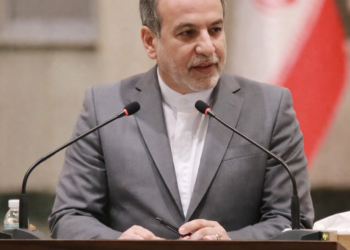The salaries of 120 medical staff members who left the Delta State University Teaching Hospital in Oghara and left the country have not been paid by the DELTA State Government.
This was revealed in his office by State Commissioner for Health Dr. Joseph Onojaeme when he received leaders of the Ijomi and Edjemouyan villages in Oghara, Ethiope West Local Government Area of the State, as part of a courtesy visit.
He claimed that after learning that the government was still paying the wages of roughly 120 healthcare professionals who had left the system, the State Government had conducted an audit of the hospital’s workforce.
He gave an explanation of the State Government’s current efforts to properly posture the hospital to fulfil its duty, stating that at the most recent State Executive Council meeting, Governor Sheriff Oborevwori approved the purchase of a CT scan scanner for the Teaching Hospital.
“We cleared the overdue power bill to the tune of N100 million the hospital owed the Benin Electricity Development Company and the plan to increase the hospital’s monthly subvention,” Onojaeme stated. “These are two more very critical measures that we took to ensure the hospital progressed.”

He praised the host towns for creating an environment that allowed the hospital to flourish. Invoking the communities’ collaboration and support, he reassured the populace of the governor’s determination to see to it that the promises made during the campaign and the democratic dividend were realised.
The State government was reassured earlier by Councillor Eki Benson of Ward 12, Oghara, that the host villages would keep up their efforts to maintain a friendly relationship with the hospital.
In Essence
The suspension of salaries for 120 healthcare professionals at Delta State University Teaching Hospital (DELSUTH) by the Delta State government highlights the growing challenge of workforce migration in Nigeria’s health sector, particularly the “brain drain” phenomenon.
It is a significant issue where medical professionals, in search of better working conditions and higher pay, leave the country while their home institutions continue to struggle with staffing shortages and financial inefficiencies.
The government’s decision to suspend salaries for these professionals after discovering they had left the system is an important measure to ensure that public funds are properly allocated and used.
It’s likely that such audits were long overdue, considering the scale of migration in the sector.
However, this also points to deeper structural problems within the Nigerian healthcare system that need to be addressed, such as improving local working conditions and remuneration to retain professionals.

















